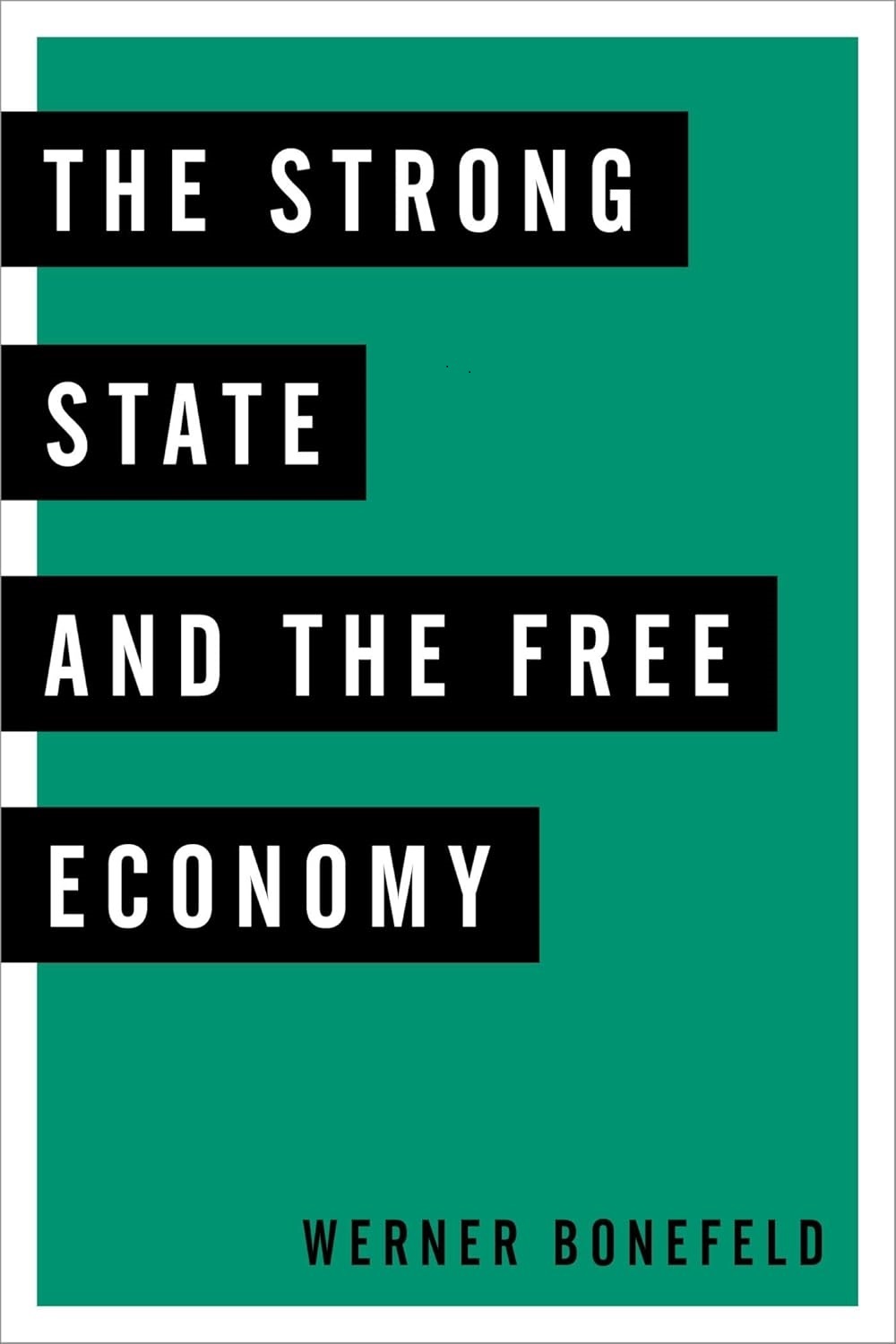Cart
0

- German ordoliberalism originated at the end of the Weimar Republic (1918-1933) in a context of hyper-inflation, depression, mass unemployment and social unrest. For ordoliberalism, a free economy is premised on a sound political, legal, social and moral framework to secure its cohesion. The role of the state is to ensure a liberal economic order.
- Ordoliberalism is a contested account of post-neoliberal political economy: some argue that it offers a more restrained and socially just market order; others, in complete contrast, that is a form of authoritarian liberalism and that it is the theoretical foundation for the austerity politics that the EU has actively promoted in recent years.
- Foucault discusses ordoliberalism at length in The Birth of Biopolitics, and Bonefeld’s book provides a thought-provoking companion to those lectures by offering a more comprehensive investigation of the theoretical foundation of ordoliberal thought and its historical and theoretical contexts.

